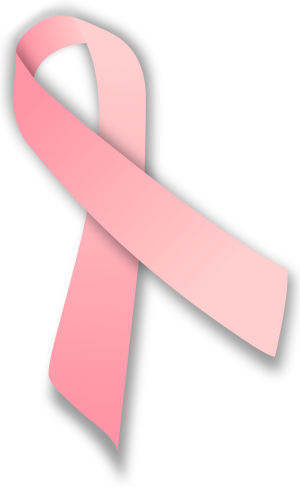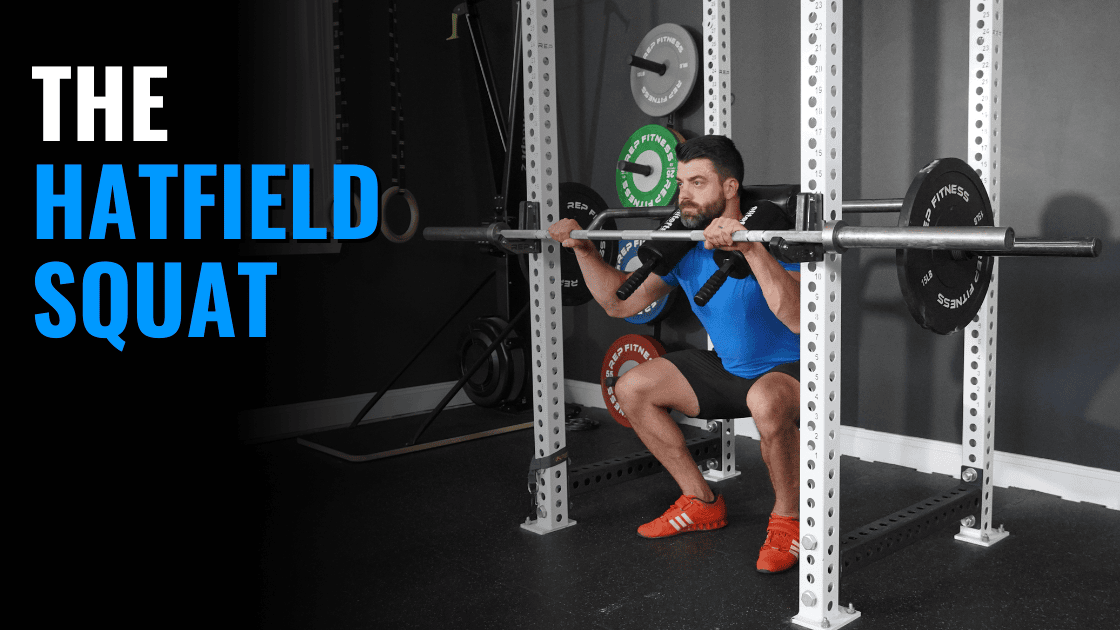One in eight women will be diagnosed with breast cancer in their lifetime. Fortunately, recent advances in technology and increased public awareness have greatly improved survival rates. Recently, much research has been focused on improving the quality of life of breast cancer survivors to combat the negative side effects of treating this disease. Exercise has emerged as one of the better tools for improving the physical and psychological well-being of breast cancer survivors.
Breast Cancer Treatment and Its’ Side Effects
The four main options for breast cancer treatment are chemotherapy, radiation, surgery, hormone therapy, or any combination of these. All of these treatments have side effects. Surgery can result in pain, loss of flexibility, motor and sensory nerve damage, swelling, tenderness of the breasts, and tissue scarring. Many women are also emotionally damaged after surgery from losing their breasts. Radiation may cause soreness, tenderness, loss of flexibility, shortness of breath, and coughing from scarring in the lungs. Side effects of hormone therapy are mood swings, headaches, nausea, hot flashes, muscular and bone pain, and problems with the cardiovascular system (Schwartz). Lastly, chemotherapy results in extreme fatigue, hair loss, anemia, muscle pain, weight gain, lung scarring, nerve damage, nausea, appetite problems, soreness, and decreased mental performance (Battaglini). Generally, all breast cancer survivors can experience early menopause, neurocognitive problems, weight gain, cardiovascular dysfunction, lymphedema, sexual dysfunction, and fatigue (Meeske). The side effects of breast cancer treatment are numerous and greatly impact the lives of survivors. exercise
Exercise for Breast Cancer Survivors
The most common side effect of chemotherapy is fatigue (Schwartz). This fatigue is more debilitating than that experienced in everyday life and effects 72 – 95% of breast cancer treatment patients (Battaglini). Studies have shown reports of fatigue as far as five years post breast cancer treatment in 1 of 5 patients (Meeske). Recent studies have shown that exercise can successfully counteract the fatigue felt in patients being treated for breast cancer if administered prior, during, or post-cancer treatment (Battaglini). exercise breast cancer
Another study had women record daily fatigue levels and amount of exercise. They found fatigue was higher on days where patients didn’t exercise. Overall, fatigue was reduced by 14% to 35% and improved most in women who were experiencing the most extreme levels of fatigue (Schwartz).
Physical functioning is a big focus in the research of exercise and breast cancer treatment. Everyday activities and abilities can be hindered by breast cancer treatment because of worsened body composition and muscular strength (Schwartz). In a study looking at the correlation of aerobic and resistance exercise on chemotherapy side effects, 242 women undergoing chemotherapy were randomly assigned to three groups. The first group was used as a control group, and they were instructed not to exercise and take the commonly heard advice of resting while undergoing treatment. The second group participated in supervised resistance training, and the third group had supervised aerobic training. The aerobic training group preserved aerobic fitness and maintained pretreatment body fat levels. The control group’s body fat levels were increased at the end of treatment. The resistance training group experienced increased muscular strength and lean body mass. In juxtaposition to the non-exercising group, both the aerobic and resistance training groups experienced considerably decreased negative effects from the chemotherapy treatment (Courneya).
Breast cancer also has a substantial impact on the survivor’s emotional and social well-being. Women with breast cancer may develop depression, anxiety, psychological distress, and their ability to interact socially may be hampered. Exercise has shown a positive effect on mood and self-esteem in breast cancer survivors (Battaglini). Studies suggest reduced depression and increased self-esteem in women who participated in physical activity during breast cancer treatment. Mental health is proving to be just as important in breast cancer patients as physical health in maintaining a high quality of life (Meeske). exercise breast cancer
|
Negative Effects of Treatment |
Positive Benefits of Exercise Breast Cancer
|
|
Fatigue |
Increased energy, decreased levels of fatigue |
|
Decreased range of motion |
Less pain and increased range of motion |
|
Depression, anxiety |
Improved mental health |
|
Loss of lean muscle mass |
Increase in muscular strength |
|
Higher body fat levels |
Preservation of post-treatment body fat levels |
|
Decreased self-esteem |
Increased self-esteem |
(Battaglini; Courneya)
With recent improvements in survivorship of breast cancer, we need to look at it in a different light. We want breast cancer patients not to just survive…we want them to thrive! Exercise has emerged as a research-supported tool to decrease fatigue, and improve muscle mass, endurance, mental health, and overall quality of life for breast cancer patients and survivors.
References
Battaglini, Claudio L. et al. Complementary Therapies in the Management of Cancer Treatment-Related Symptoms: The Individualized Prescriptive Exercise Intervention Approach. Medicine Sportiva 10 (2006).
Courneya, K. S., et al. Effects of Aerobic and Resistance Exercise in Breast Cancer Patients Receiving Adjuvant Chemotherapy: A Multicenter Randomized Controlled Trial. Journal of Clinical Oncology 25.28 (2007).
McNeely, M. L. et al. Effects of Exercise on Breast Cancer Patients and Survivors: A Systematic Review and Meta-analysis. Canadian Medical Association Journal 175.1 (2006).
Meeske, Kathleen, et al. Fatigue in Breast Cancer Survivors Two to Five Years Post Diagnosis: A HEAL Study Report. Quality of Life Research 16.6 (2007).
Schwartz, Anna L. “Cancer.” ACSM’s Exercise Management for Persons with Chronic Diseases and Disabilities. Champaign, IL: Human Kinetics, 2003.
Schwartz, Anna L. Exercise Reduces Daily Fatigue in Women with Breast Cancer Receiving Chemotherapy. Oregon Health Sciences University and Oregon Cancer Center (2001).
Article by Zach Long and Casey Long






